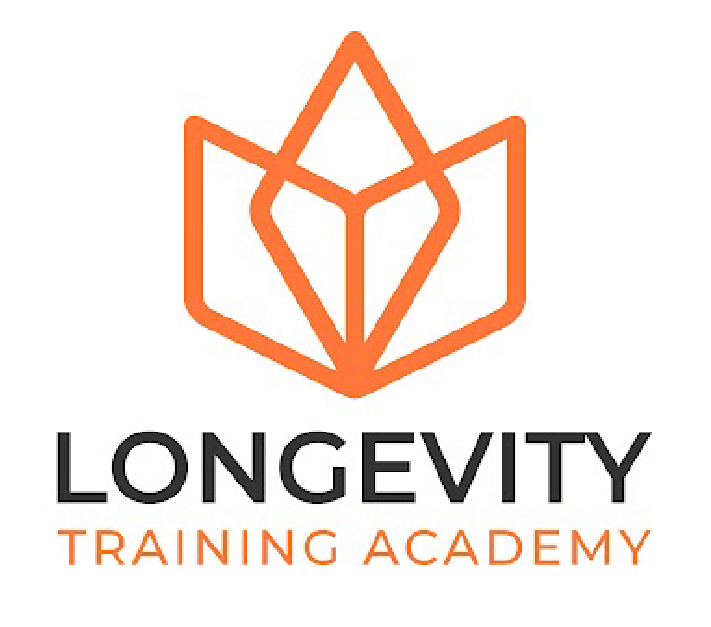Choosing to move a loved one into a senior care community is a significant and often emotional decision. The process can be overwhelming due to the sheer number of options available, the varying levels of care, and the complexity of understanding what type of community will best meet your loved one’s needs. This is where a senior care referral agency can become a valuable resource. These agencies specialize in matching seniors with the right care community based on their unique needs, preferences, and circumstances.
In this article, we’ll explore the top benefits of using a referral agency to place your loved one in a senior care community and how this service can simplify an otherwise challenging process.
- Expert Knowledge of Senior Care Options
One of the biggest advantages of working with a referral agency is access to expert knowledge. Senior care professionals have extensive experience and familiarity with a wide range of communities, including assisted living, memory care, skilled nursing, and independent living options. They understand the nuances of each type of community, from the levels of care provided to the specific amenities available.
Without expert guidance, families may struggle to grasp the subtle differences between care facilities. What may appear to be a perfect fit at first glance may not address underlying needs, especially if there are medical or cognitive issues involved. Referral agencies can provide clarity by explaining the pros and cons of each option, as well as helping you understand what your loved one truly needs.
- Personalized Recommendations Based on Specific Needs
A referral agency doesn’t offer a one-size-fits-all solution. Instead, they focus on the unique needs of your loved one, including their physical health, cognitive function, and lifestyle preferences. Whether your loved one requires around-the-clock medical care or simply a more social and independent living environment, a referral agency will assess their situation and provide personalized recommendations.
Agencies typically conduct in-depth consultations with families to gather information about:
– Medical history and care requirements
– Current living situation
– Personal preferences (such as proximity to family, types of activities offered, or religious affiliations)
– Budget constraints
– Special needs, such as memory care for dementia or Alzheimer’s
This level of personalization ensures that your loved one is matched with a community that not only meets their health and safety needs but also enhances their quality of life.
- Time-Saving Convenience
Researching and visiting multiple senior care communities can be a time-consuming and stressful process. Many families are balancing caregiving with their own work and personal responsibilities, making it difficult to dedicate the necessary time to find the right community. Referral agencies streamline this process by doing much of the legwork for you. Once they understand your needs, the agency will narrow down the choices to a handful of communities that align with your criteria. They will coordinate tours and meetings with administrators, saving you the hassle of contacting each community individually. This not only saves time but reduces stress, allowing you to focus on making informed decisions without being overwhelmed by the options.
- Assistance with Financial Planning and Understanding Costs
Senior care communities vary widely in terms of cost, and understanding the pricing structures can be complicated. Communities may charge monthly fees that cover room and board, but there may also be additional fees for medical care, specialized services, or amenities. Moreover, different communities accept various forms of payment, including private pay, long-term care insurance, Medicaid, or veterans’ benefits.A referral agency can provide you with a clear breakdown of costs, helping you understand what is included in the base rate and what may incur additional charges. They can also guide you through potential funding sources, such as state programs or benefits for veterans, ensuring you are aware of all financial options. This financial clarity helps families avoid unexpected costs and make decisions that are sustainable in the long run.
- Support and Guidance During a Stressful Time
Placing a loved one in a senior care community is often an emotionally charged experience. Families may feel guilt, uncertainty, or sadness about the transition, and the decision-making process can create tension among family members. Referral agencies offer more than just logistical support—they also provide emotional guidance during this difficult time. The professionals at referral agencies are well-versed in helping families navigate these emotional challenges. They listen to your concerns, address your questions, and help you feel confident in your decision. By acting as a neutral third party, they can also mediate family discussions, helping to facilitate open communication and reduce conflicts that may arise during the decision-making process.
- Access to a Network of Trusted Providers
Referral agencies have established relationships with a network of senior care providers. These connections allow them to recommend trusted communities with proven track records of quality care. Rather than relying on online reviews or advertisements, which can sometimes be misleading, a referral agency can provide insights based on their direct knowledge and experience with the community. Moreover, agencies often keep up-to-date records on inspections, state licensing, and performance evaluations of the communities they work with. This level of vetting gives families peace of mind, knowing that their loved one is being placed in a reputable and well-managed facility.
- Continuing Support After Placement
The role of a referral agency doesn’t end once your loved one is placed in a senior care community. Many agencies offer continuing support, checking in with families to ensure the placement is successful and that the senior is happy and thriving in their new environment. If any issues arise, the agency can intervene to address concerns with the community or, if necessary, help find an alternative option. This ongoing relationship provides families with a valuable safety net. Should your loved one’s care needs change over time, the referral agency can quickly reassess the situation and make new recommendations if needed. This ensures that your loved one continues to receive appropriate care, even as their condition evolves.
- No Cost to Families
One of the most significant benefits of using a referral agency is that their services are typically free to families. These agencies are paid by the senior care communities they work with, meaning you can take advantage of their expertise, guidance, and resources without incurring additional costs. However, it’s important to work with an agency that maintains transparency and ensures their recommendations are based on the needs of the family rather than financial incentives.
Conclusion: Peace of Mind for Families
Navigating the senior care landscape can be an overwhelming experience, especially when trying to find the right care community for a loved one. Referral agencies offer a valuable service by providing expert knowledge, personalized recommendations, and ongoing support throughout the process. With their help, families can make informed decisions with confidence, knowing that their loved one will be placed in a community that meets their needs and enhances their quality of life. Ultimately, the top benefit of using a referral agency is peace of mind. By partnering with professionals who understand the complexities of senior care, you can ensure your loved one receives the best possible care while alleviating the stress and uncertainty that often accompanies this major life transition.

